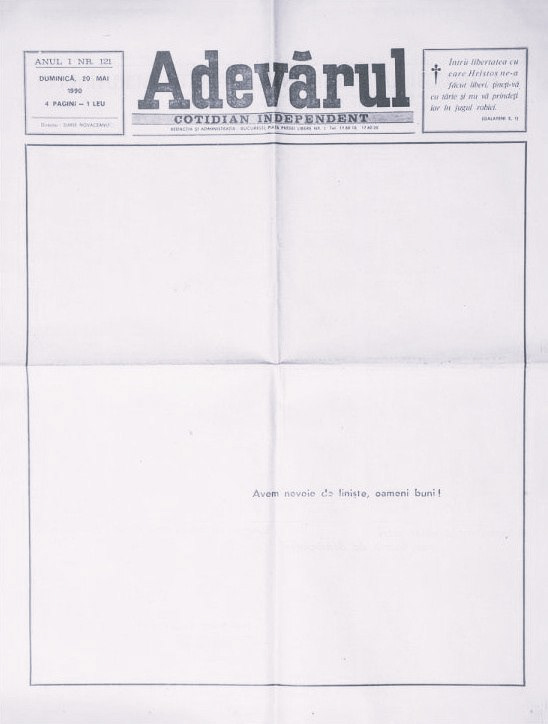
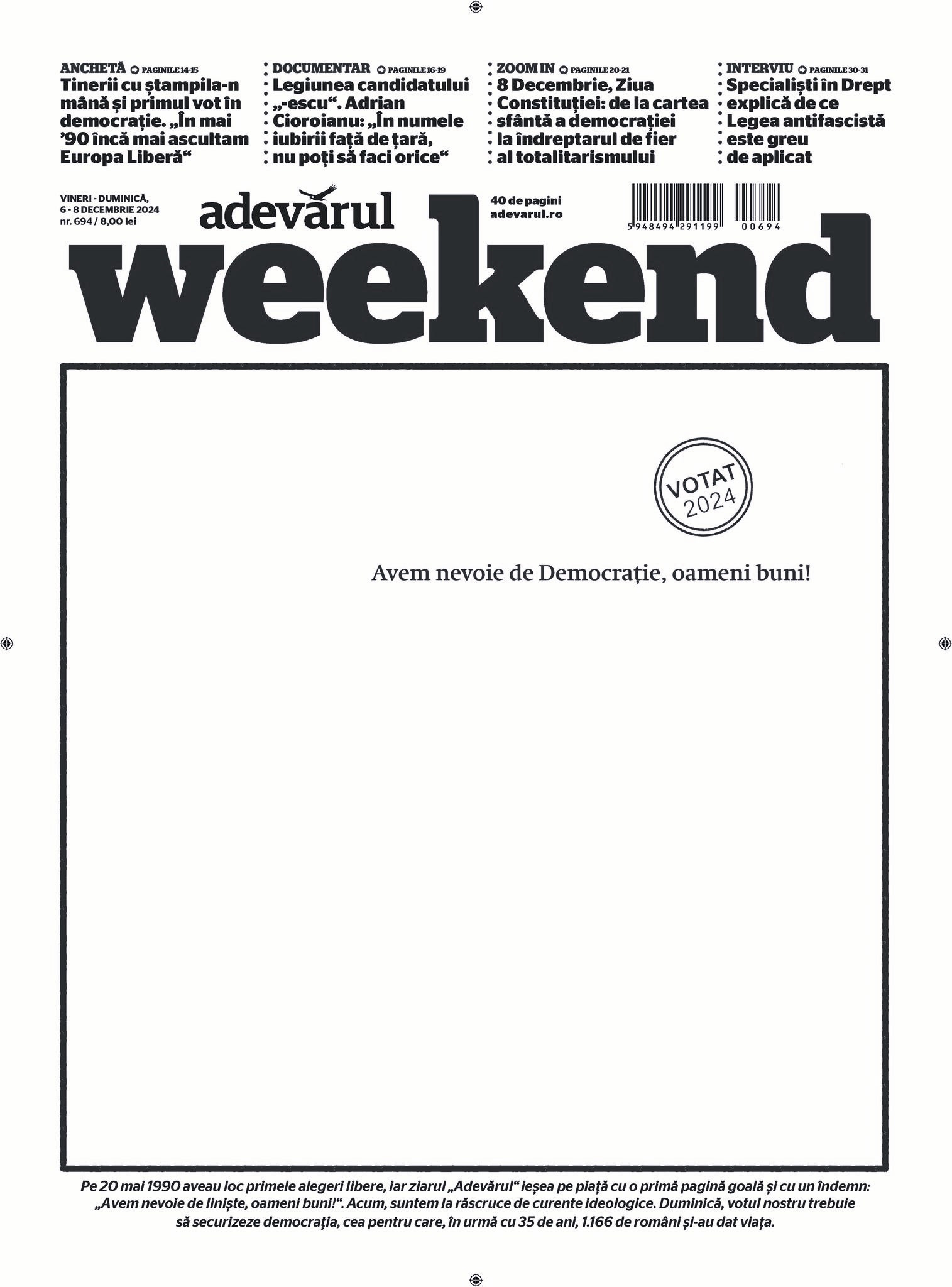
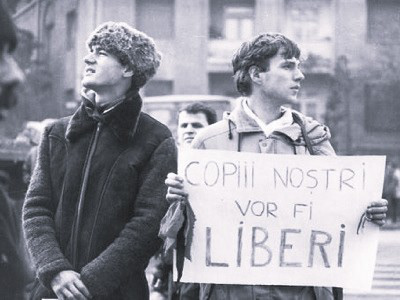
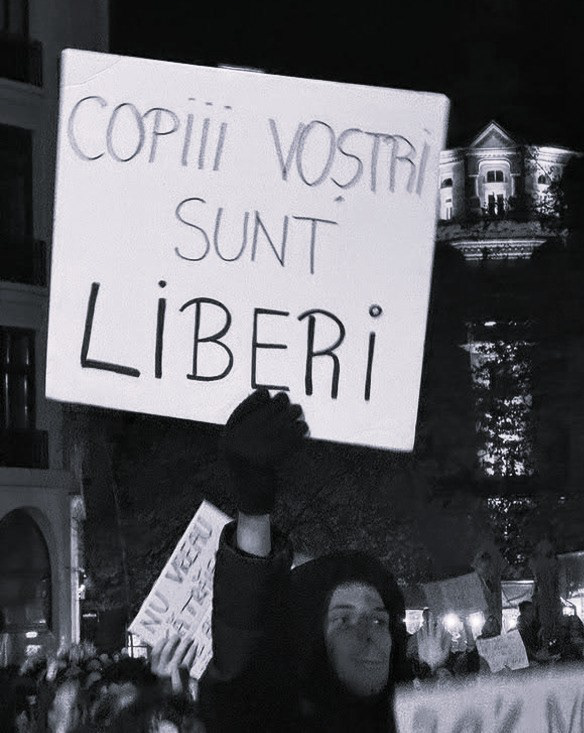
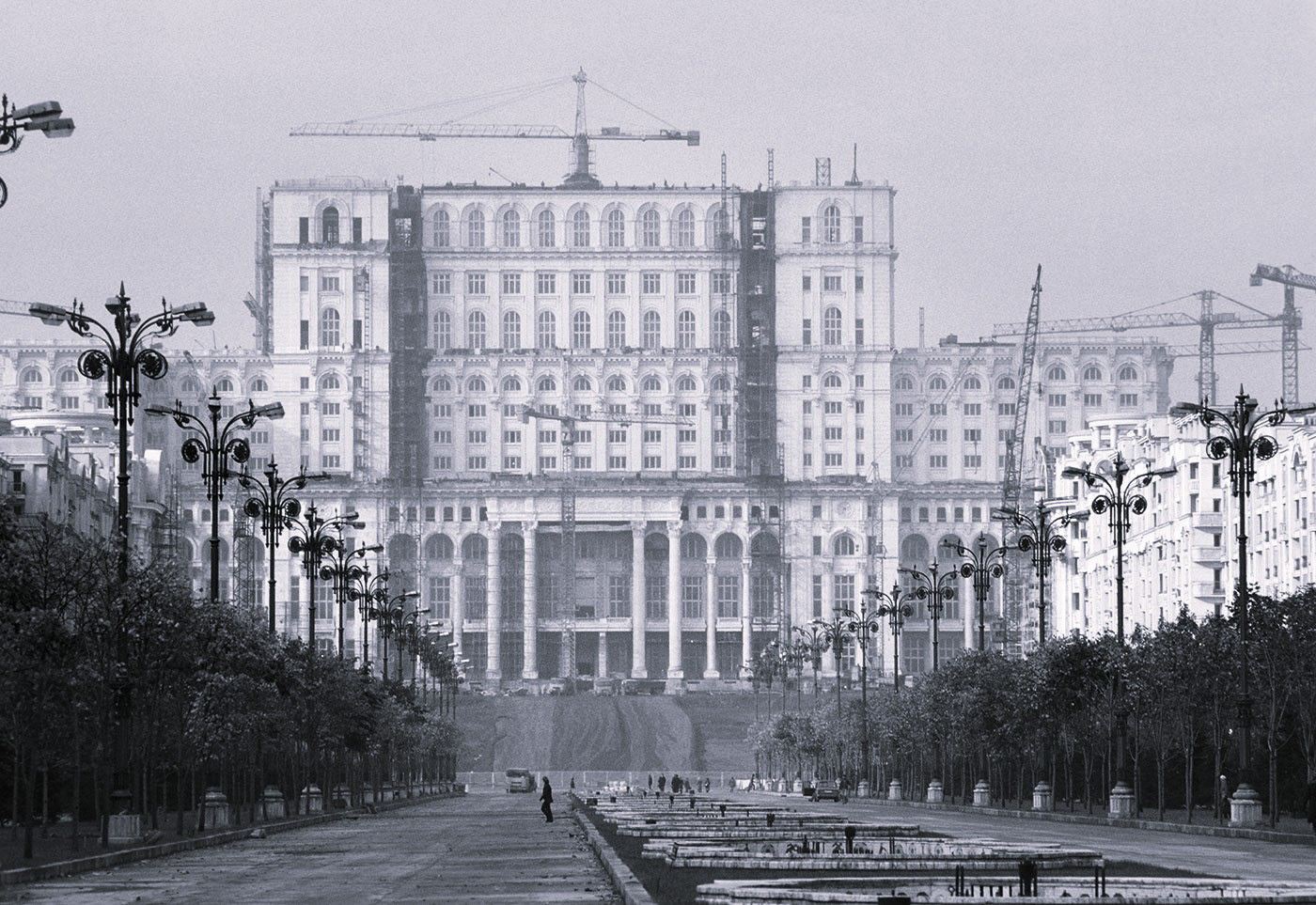
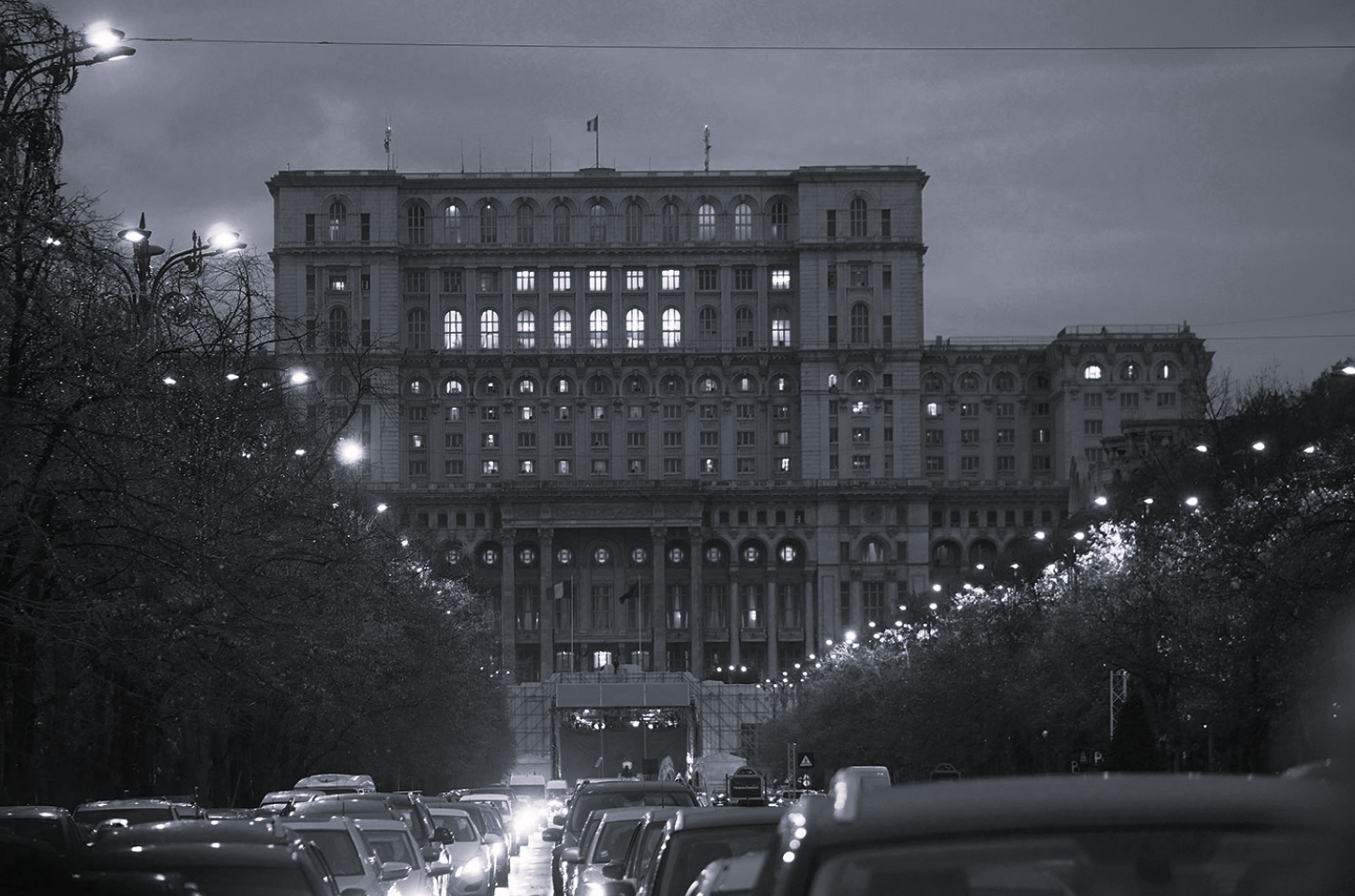
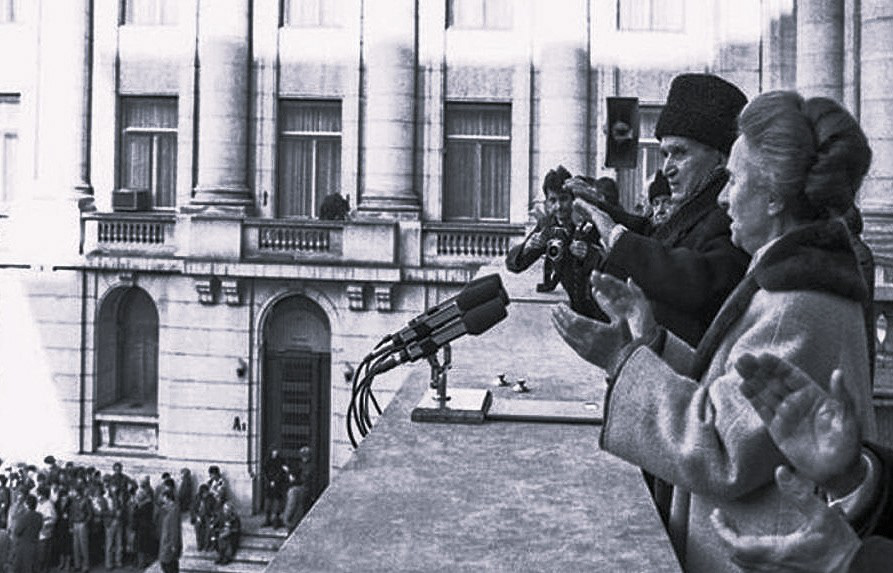


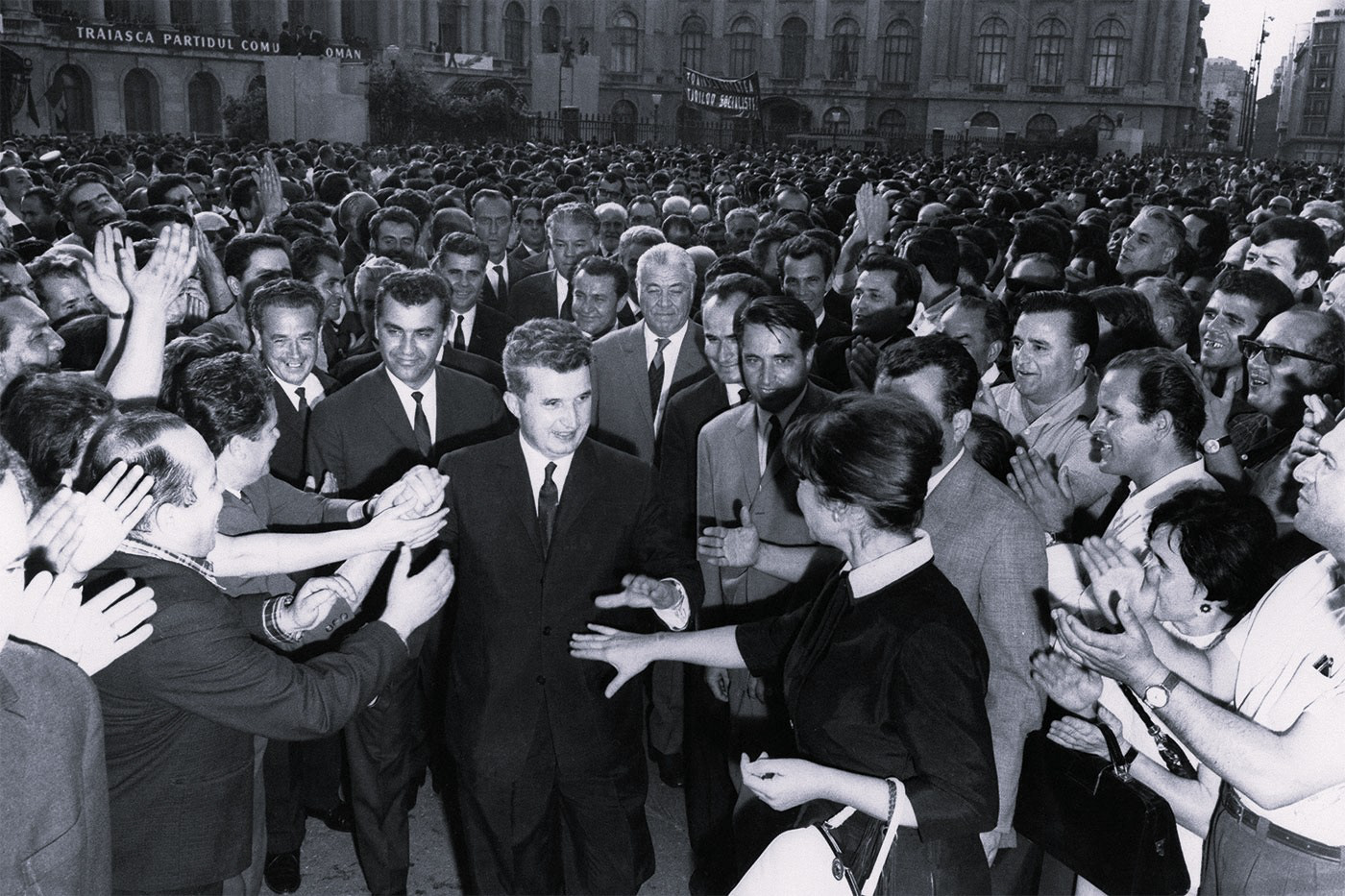
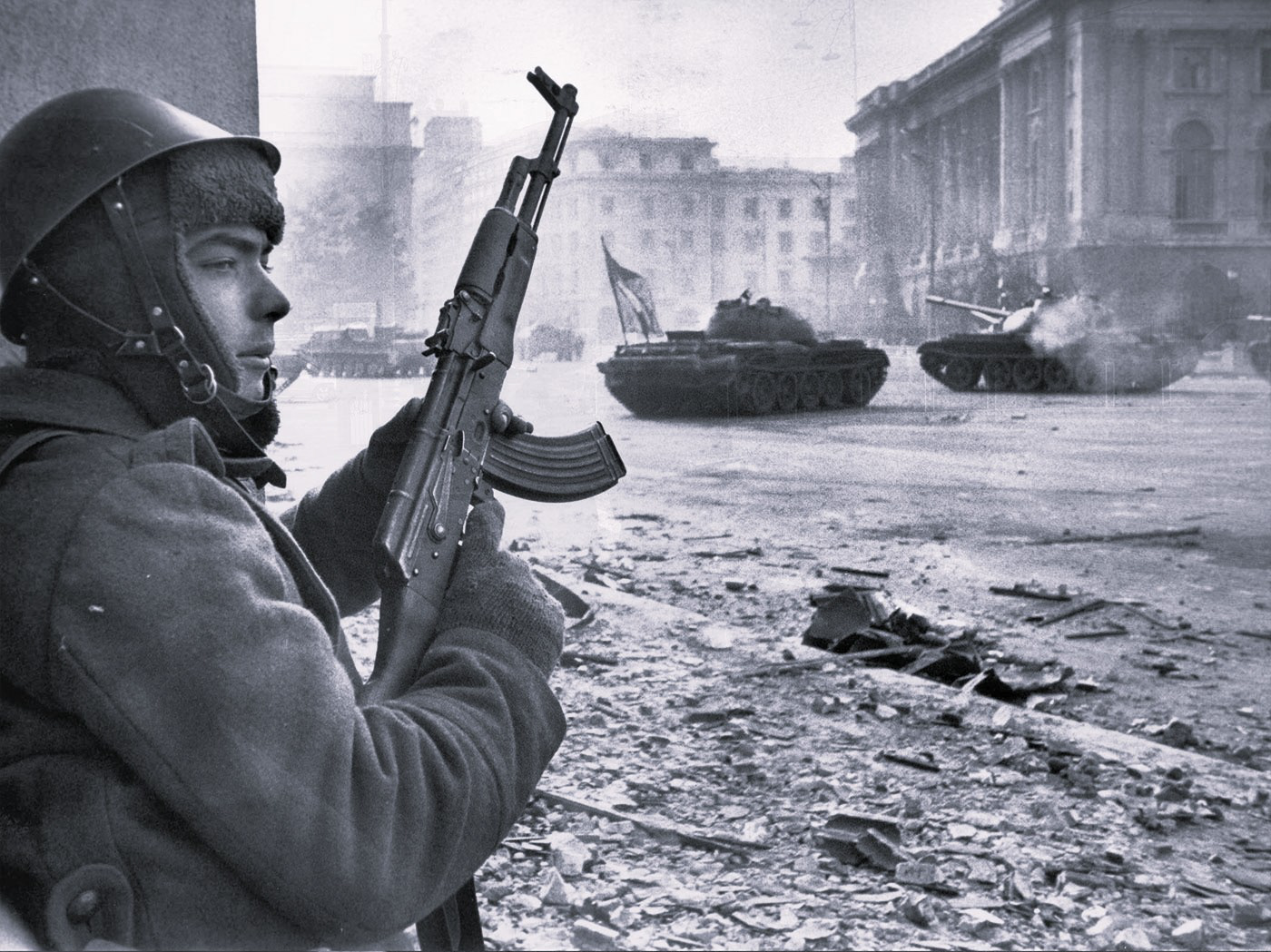
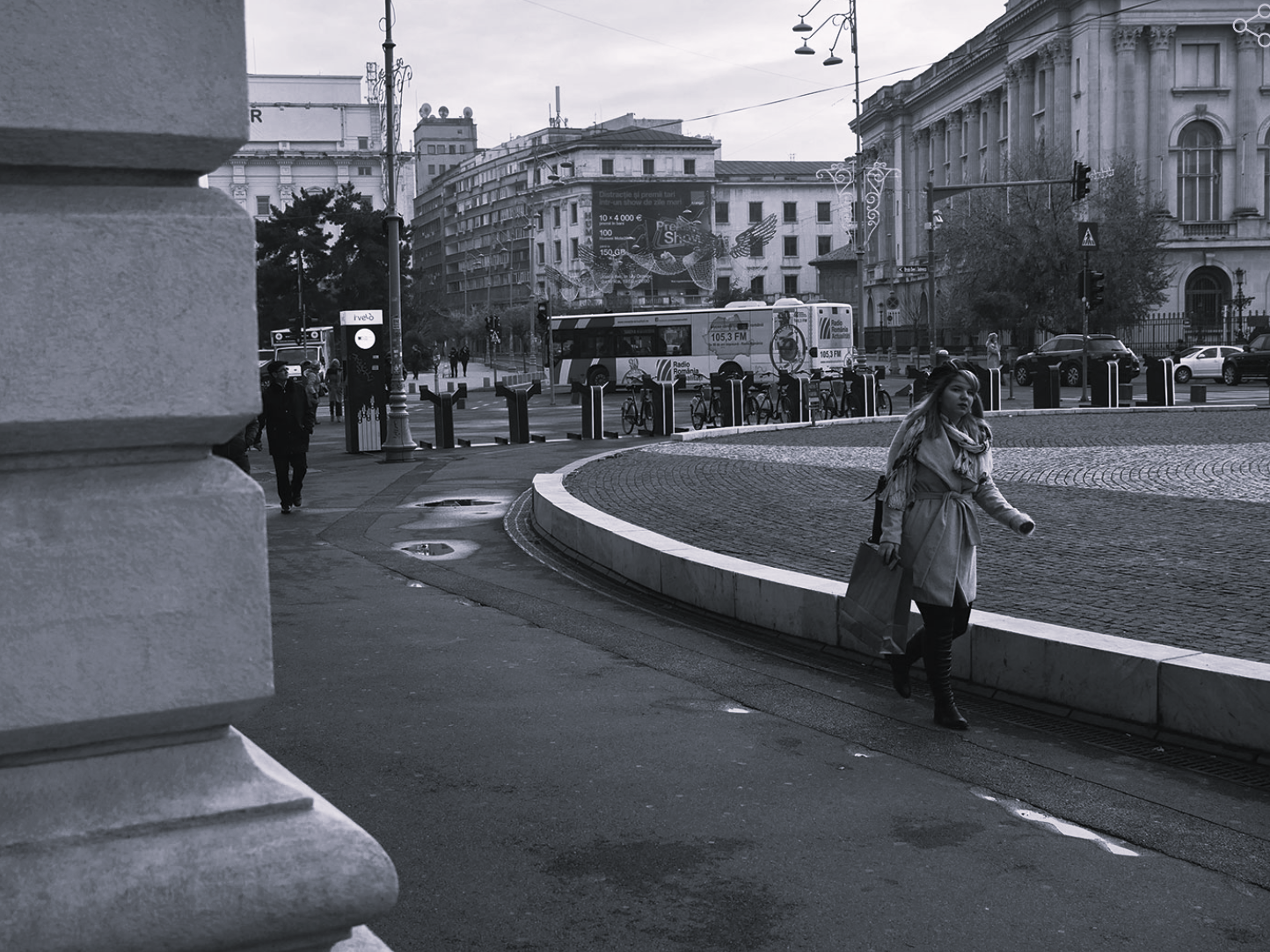
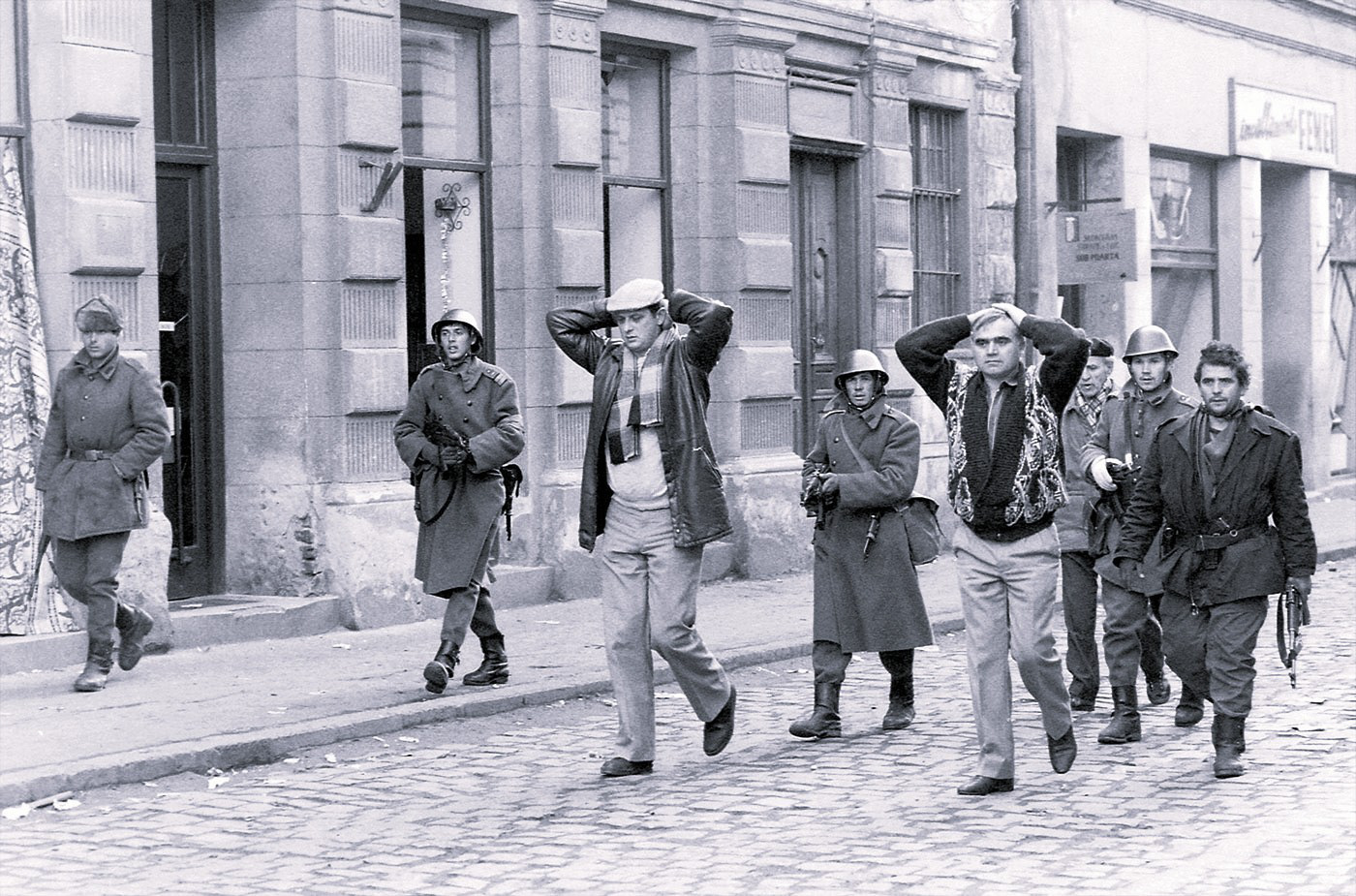
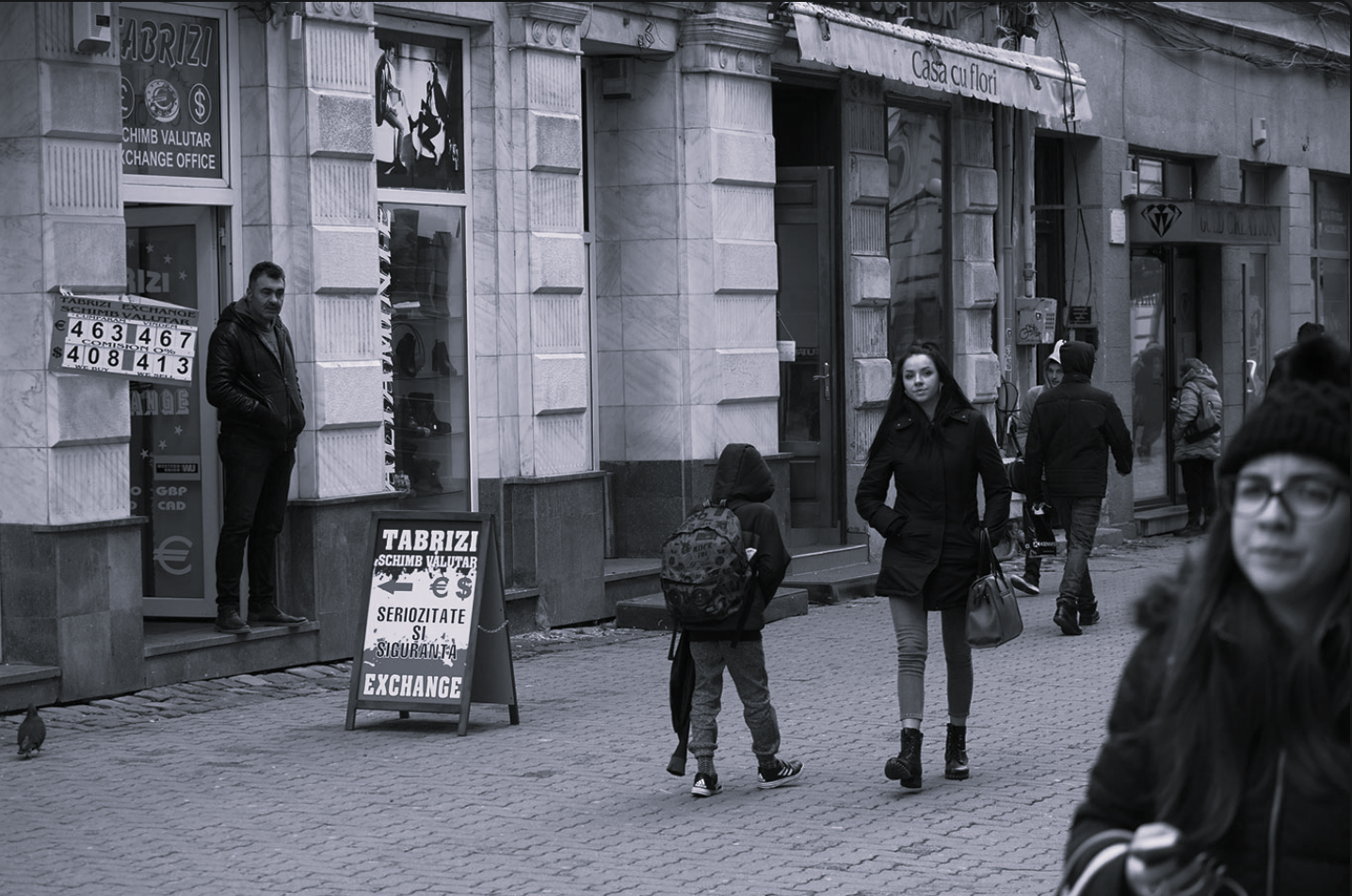
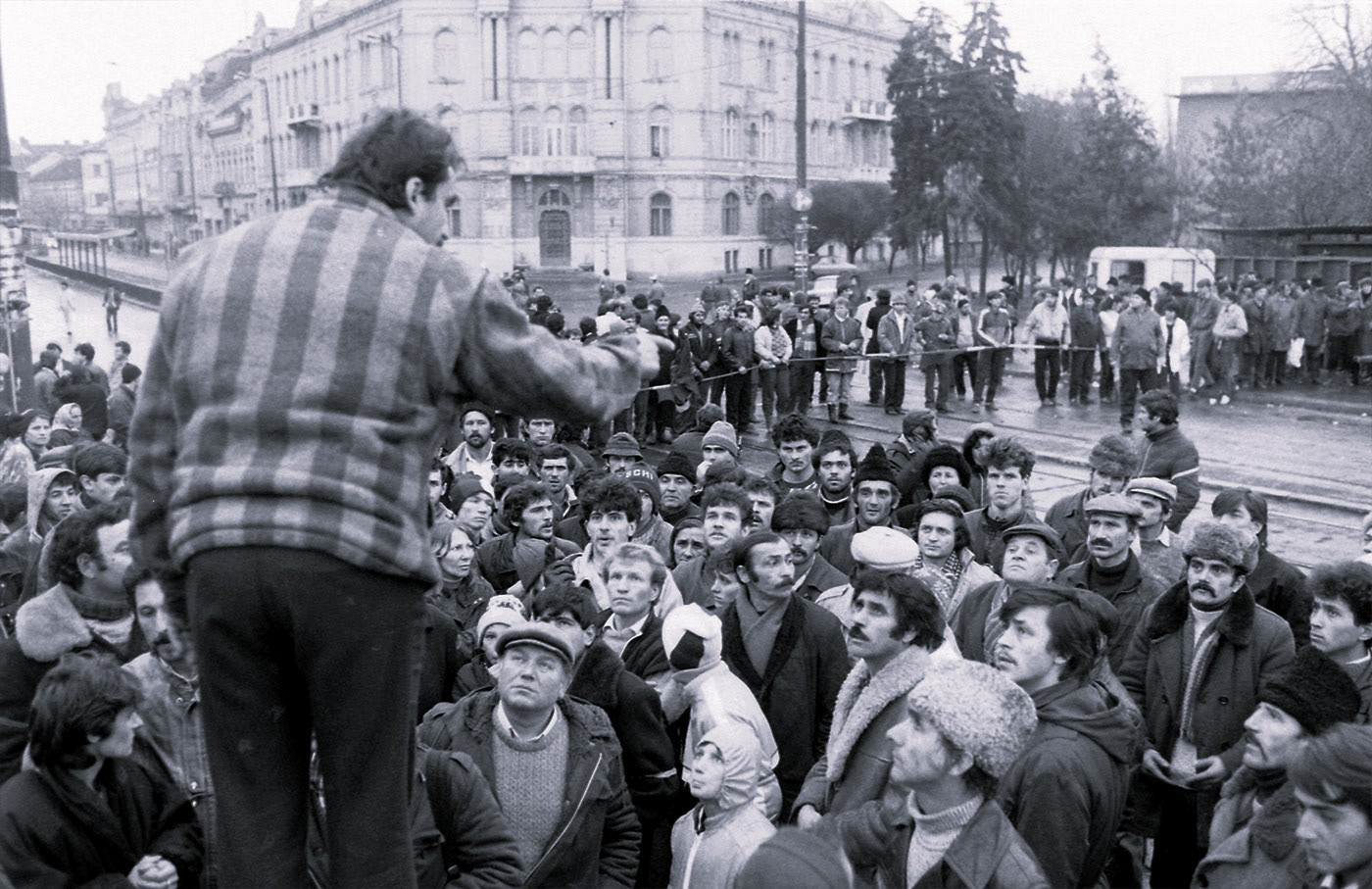
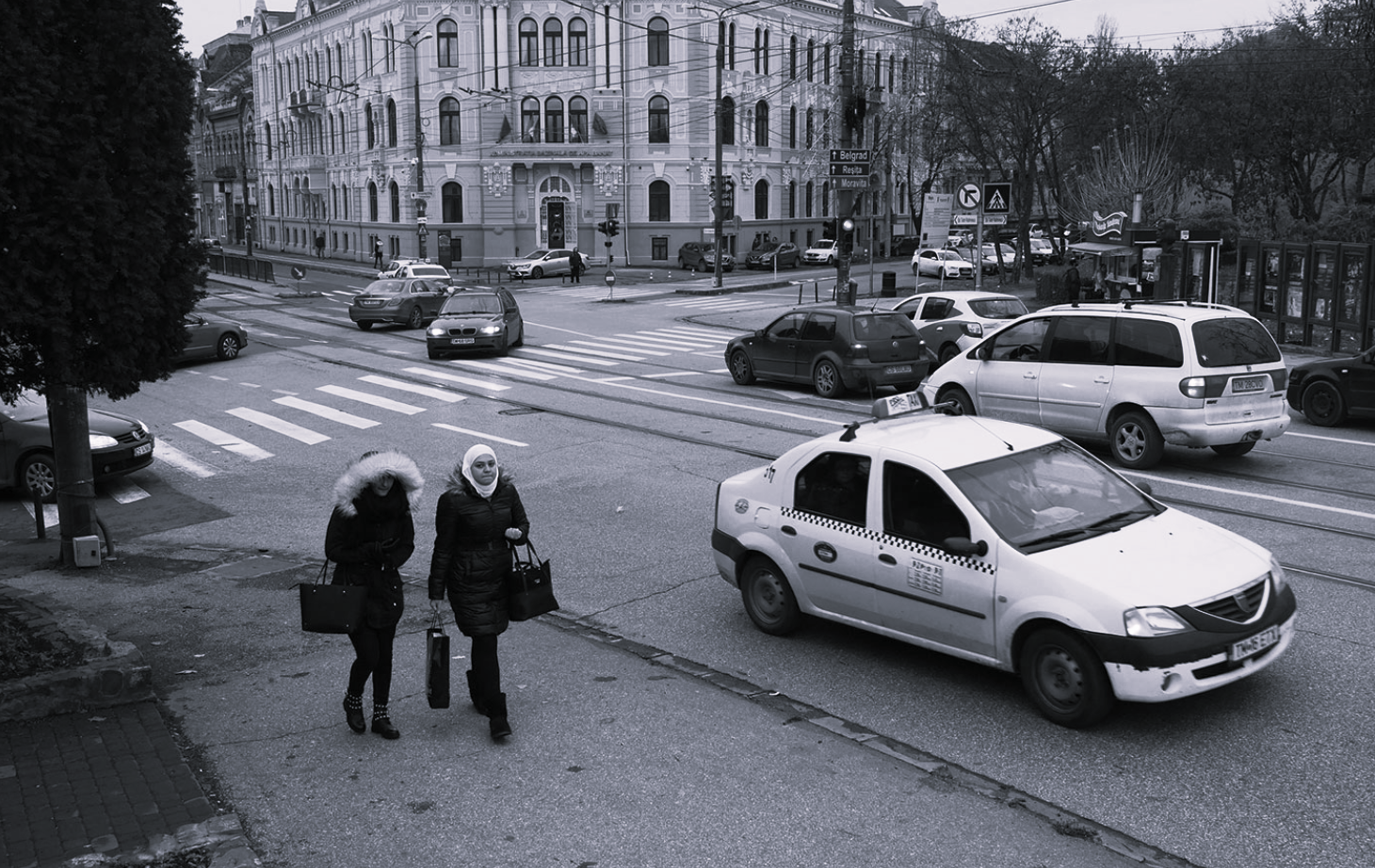
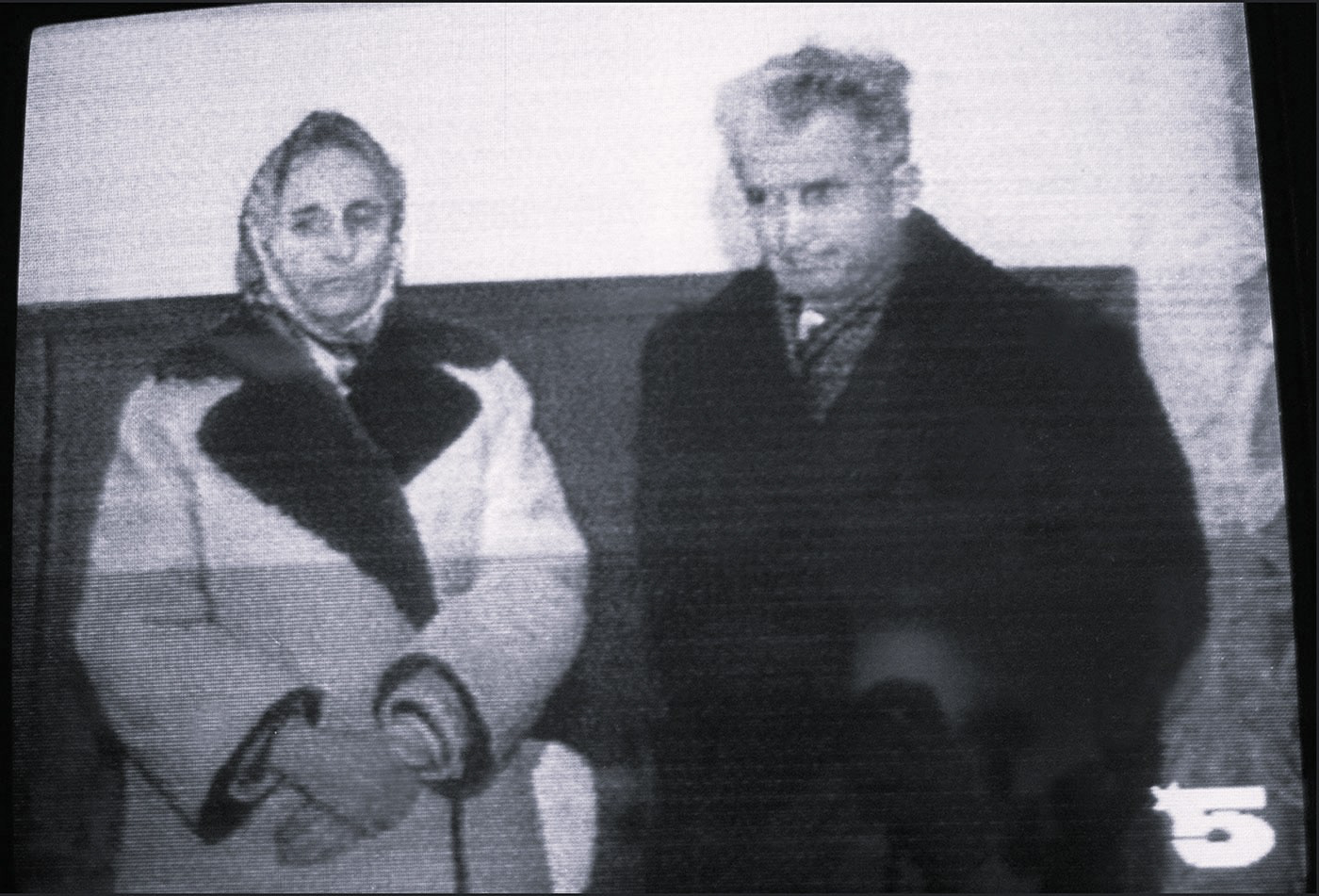
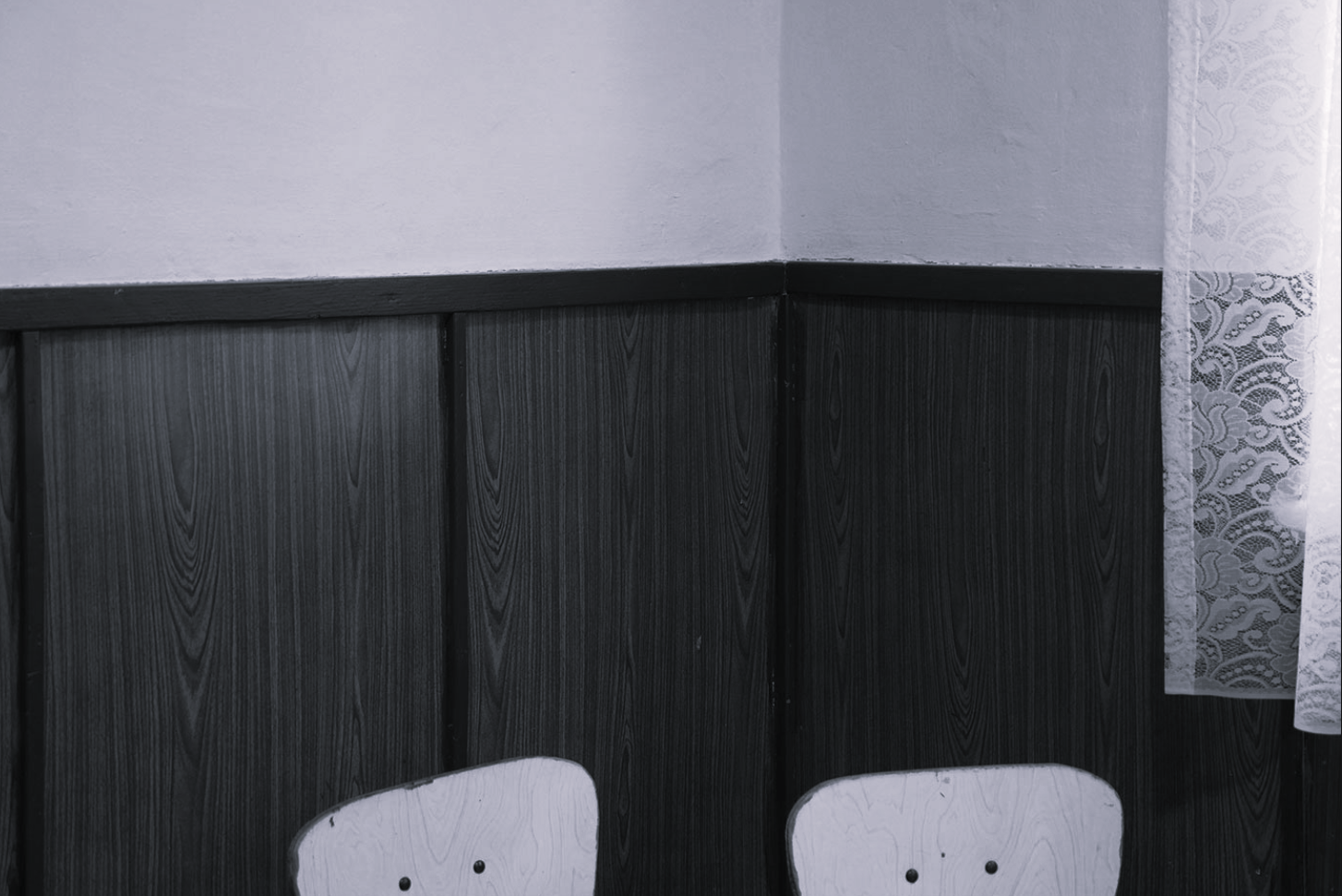
Time, as a construct, is not merely a backdrop for human existence but an active, dynamic force that shapes perception, memory, and cultural practices. This fluidity has been a central preoccupation of philosophers and artists alike. Temporal Fragments investigates whether time is experienced as linear, cyclical, or fragmented through philosophical frameworks and their cinematic representations. Through memory, temporal fragments are reassembled, allowing individuals and societies to process and make sense of the past and understand how erasure of memory—whether personal or collective—leads to the repetition of patterns, either generational, historical, personal etc. Philosophical traditions, such as Augustine’s concept of time as a triadic experience, Bergson’s idea of duration, and Deleuze’s time-image, reveal time as non-linear, intimately tied to memory, and experienced subjectively. Fiction films, like Petite Maman by Céline Sciamma, Playtime by Jacques Tati, and Dreams by Akira Kurosawa, extend these inquiries by visualizing time not as a rigid continuum but as an evolving interplay of past, present, and future.

















